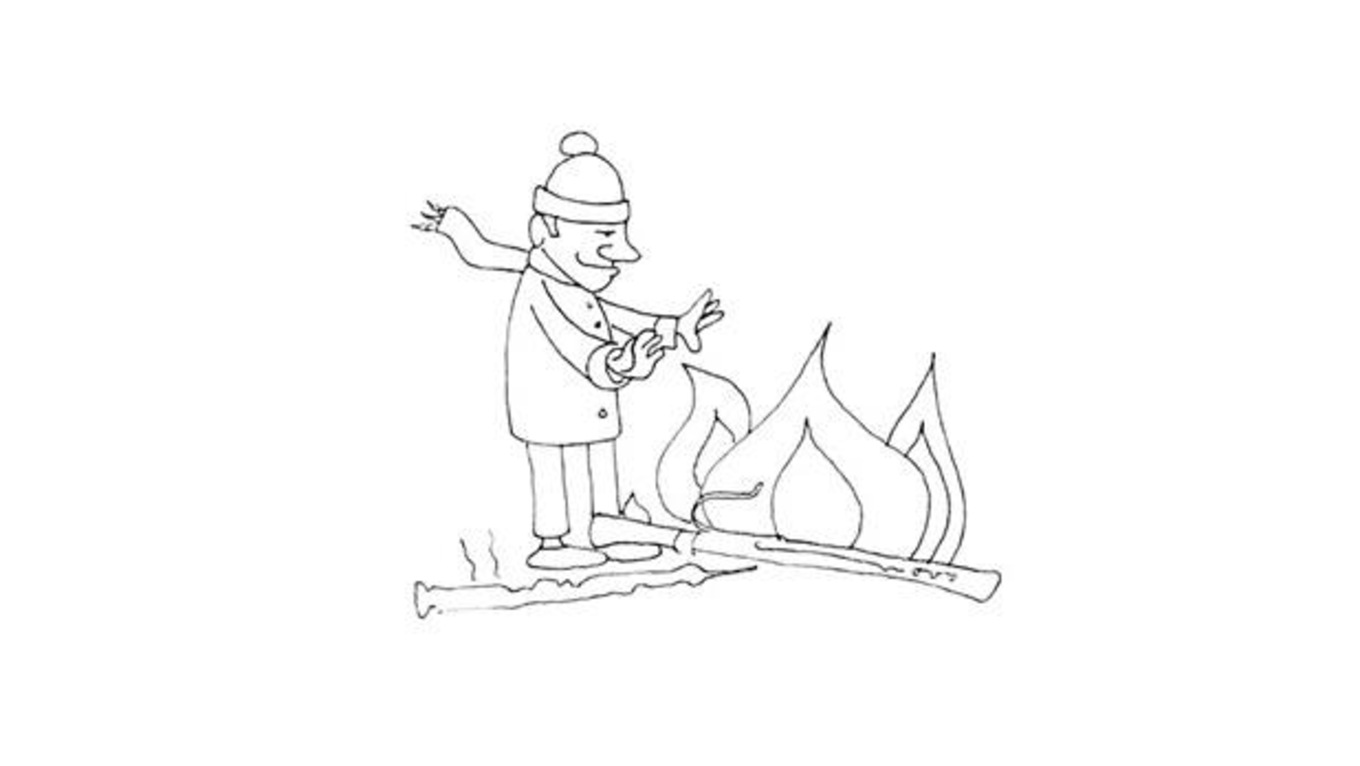Have you ever found yourself in a serious setting — a meeting or, God forbid, a funeral — and noticed something really funny? You try holding in your laughter but it just makes things worse?
Welcome to the world of classical musicians, who spend a lot of time rehearsing, performing and concentrating on all this great music and its lofty emotions and ideas. When there's so much serious work being done, the potential for cracking up is high.
We're sure this is why the classical music joke evolved, to relieve some of that tension. Below, you'll find eight of our favourites illustrated by our designer Heather Collett.
While you're reading, take a listen to CBC Music's essential classics stream.
Q: How do you know when the stage is level?
A: The timpanist drools out of both sides of his mouth.
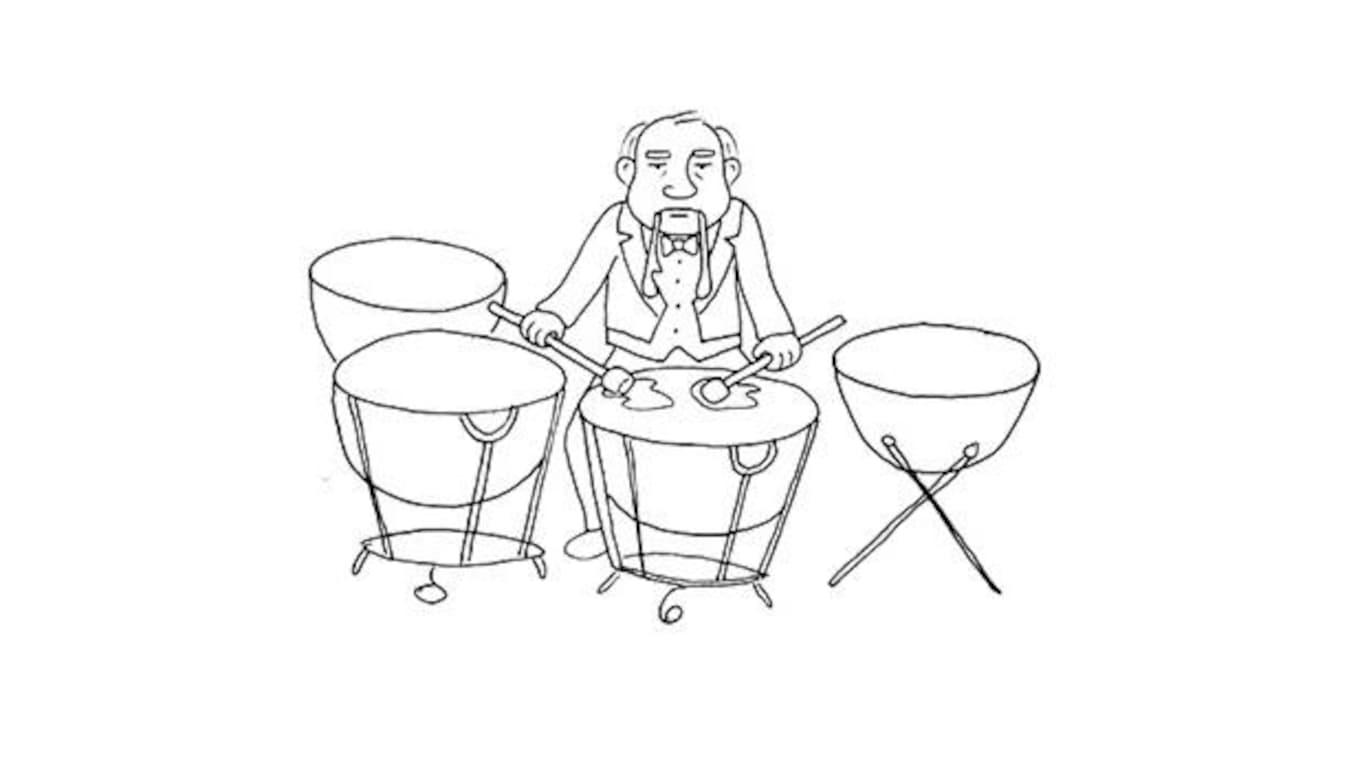
Q: What's the definition of a minor second?
A: Two flutes playing in unison.
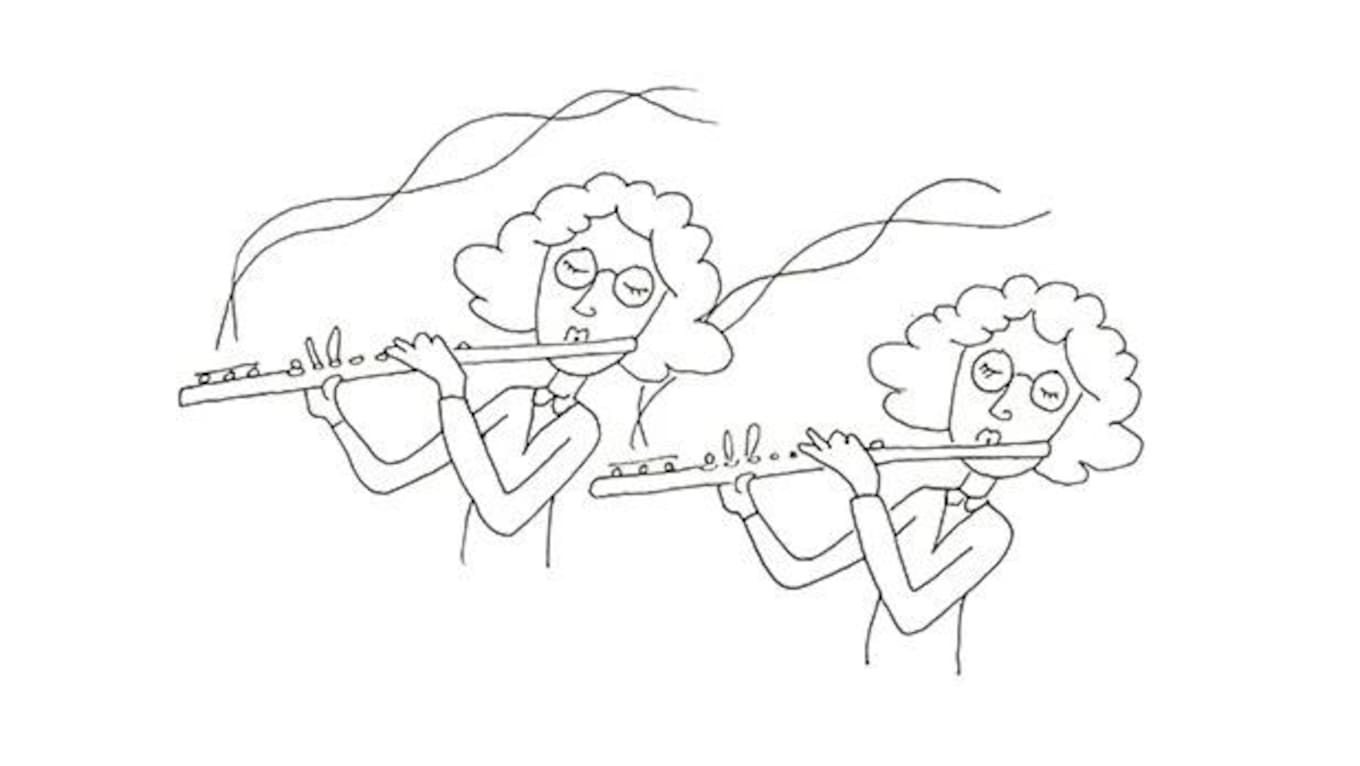
Q: What's the difference between a bassoon and an onion?
A: No one cries when you chop up a bassoon.
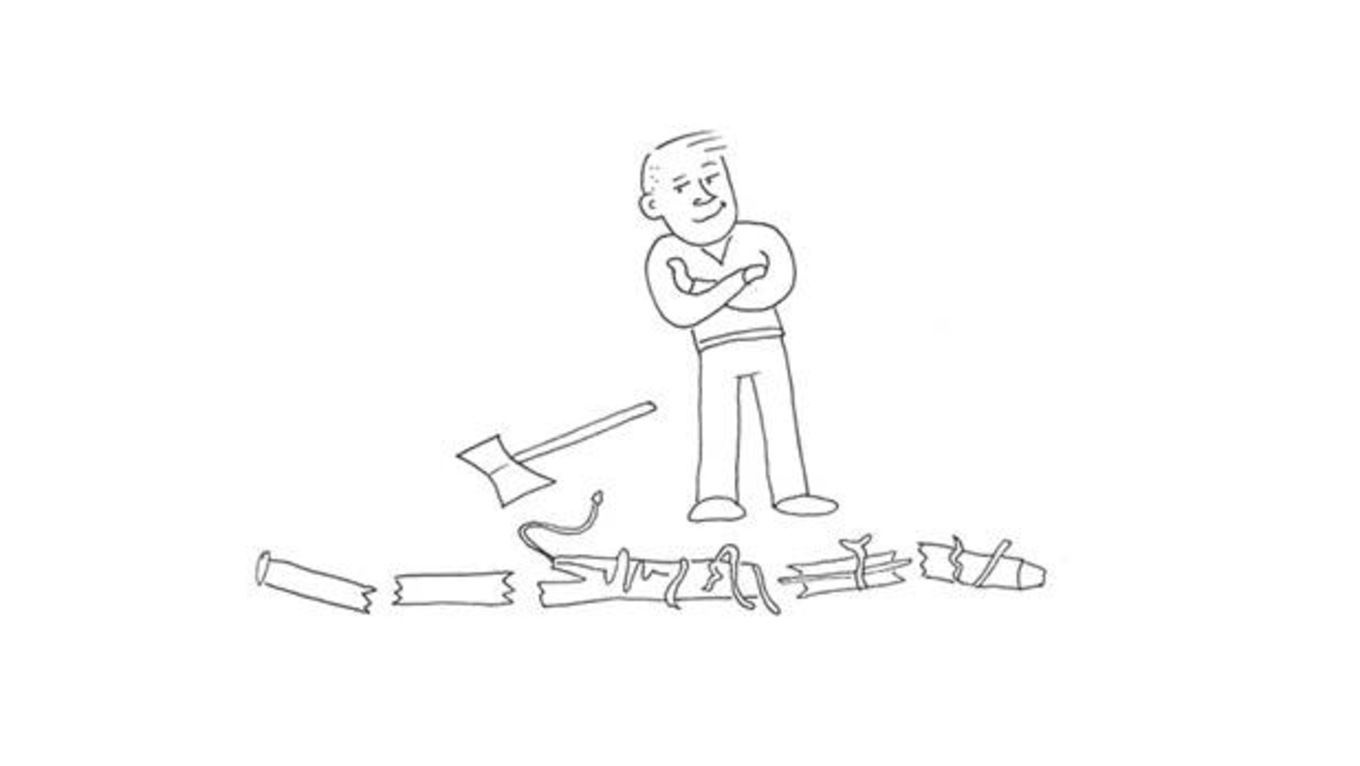
Q: What's the range of a tuba?
A: About 10 metres, if you have a good arm.
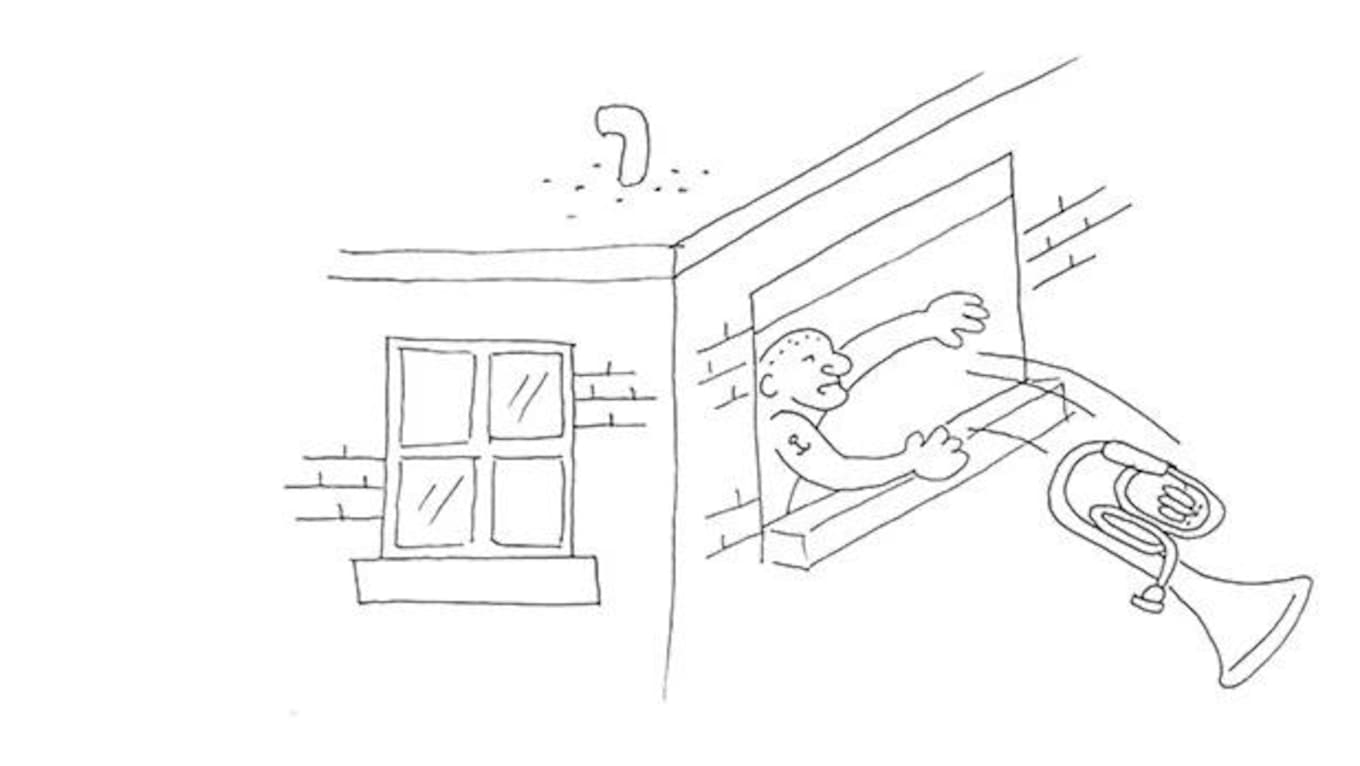
Q: Why bury conductors at least six feet under?
A: Because deep down they're all very nice people.
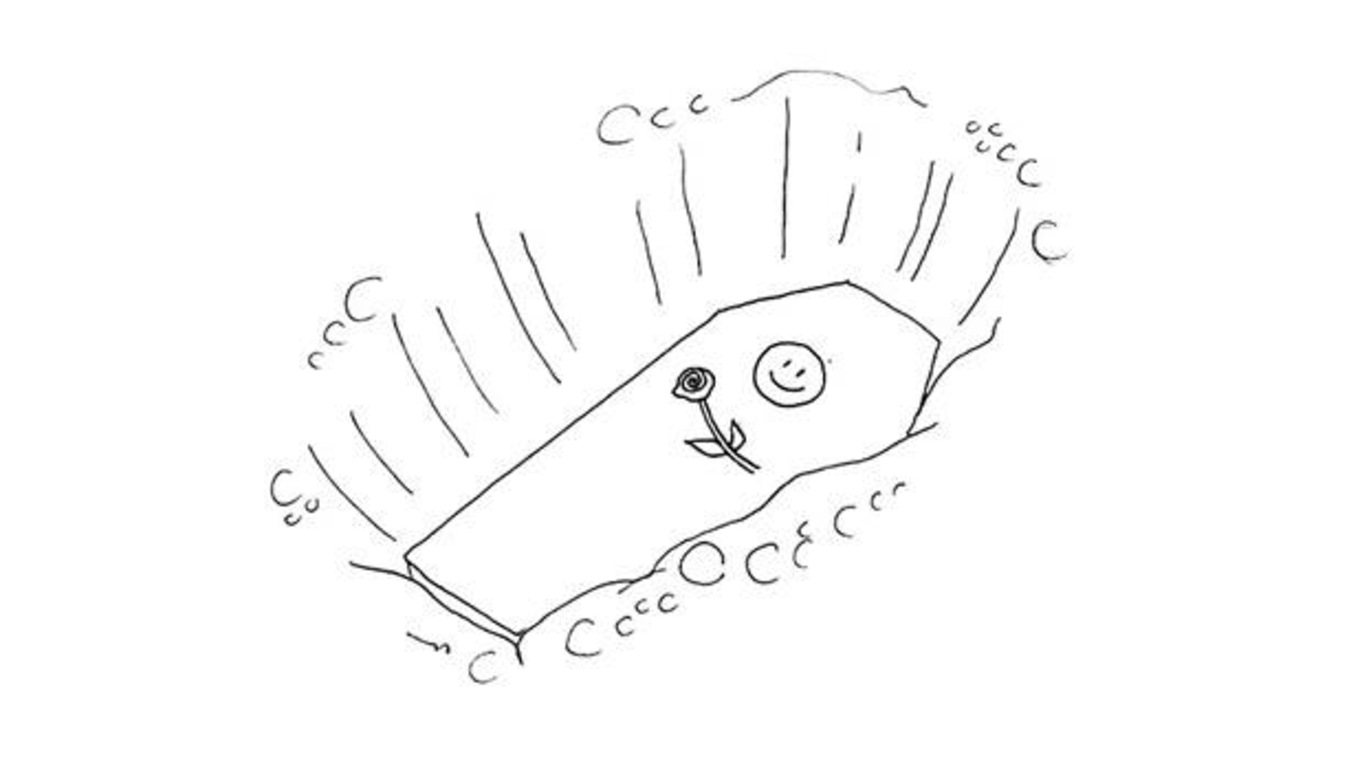
Q: Where's a tenor's resonance?
A: Where his brain should be.

Q: Why was the piano invented?
A: So real musicians would have a place to set their beer.
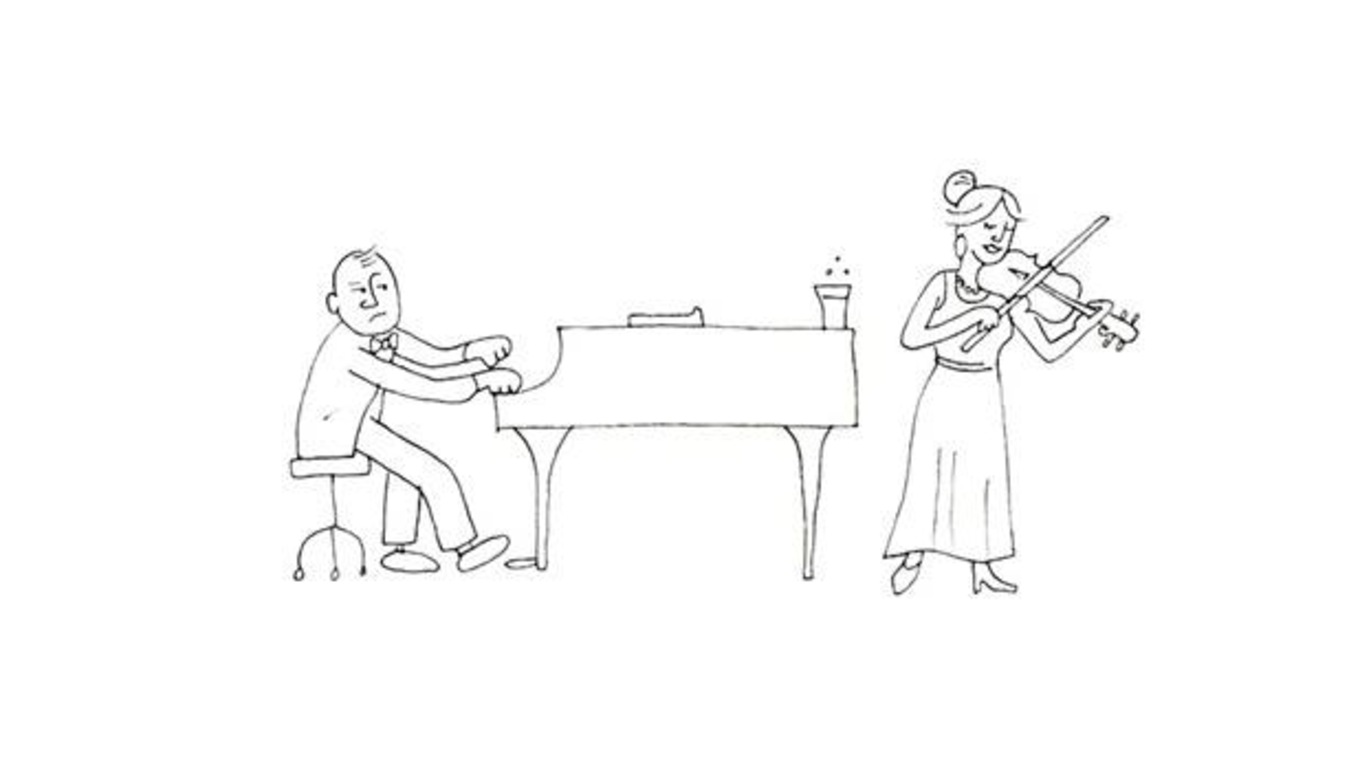
Q: Why is a bassoon better than an oboe?
A: A bassoon burns longer.
